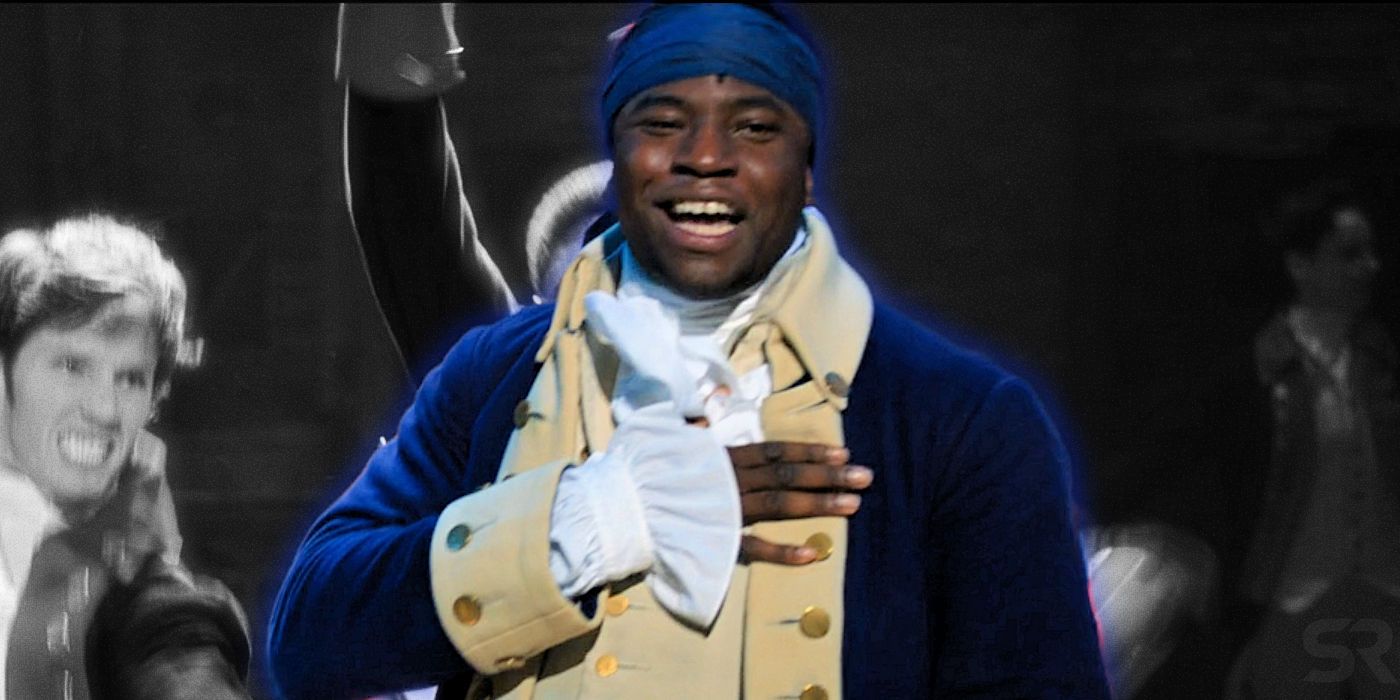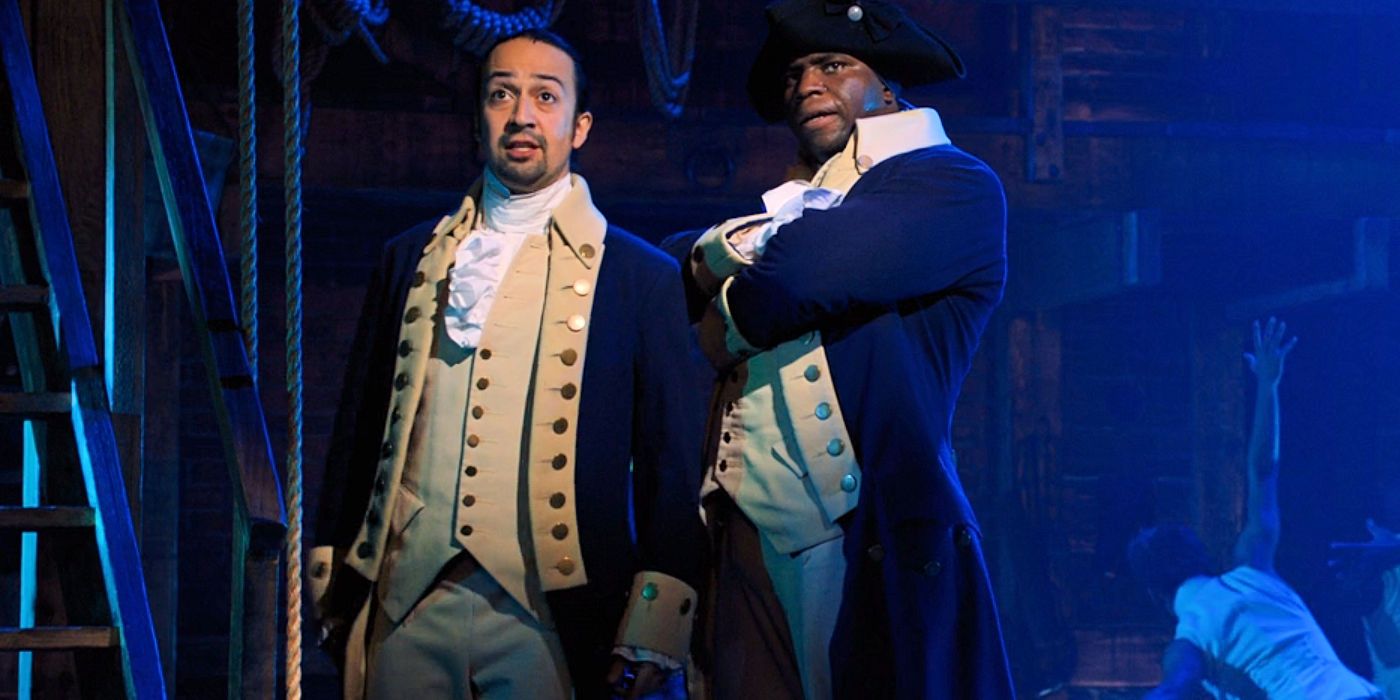Hercules Mulligan appears prominently in some of the songs during Act One of the Hamilton musical, later introducing himself as a tailor spy (even though he needs "no introduction"), but was he really a spy and what was his connection with America's first spy ring? The Declaration of Independence literally declared the Thirteen Colonies' intention to separate from Great Britain in 1776 - though, interestingly, only 12 colonies actually voted for independence - but the war certainly didn't end there; the revolution went on for another seven years, ending in 1783.
The Second Continental Congress voted the creation of the Continental Army in the summer of 1775 and subsequently put George Washington in charge of it, making him the first commander in chief (not yet president). Of course, unifying the various militias from the Thirteen Colonies while simultaneously battling one of the world's biggest superpowers wasn't an easy feat - and Washington needed help. So, the United States of America's first spy organization - the Culper Ring - was formed, which Hercules Mulligan later fed information to.
Long before the Central Intelligence Agency was established, America's first spies operated under Washington's command during the American Revolution, reporting to Benjamin Tallmadge. Over the course of the war, several men and women supplied intelligence to the Continental Army - namely, Abraham Woodhull (Samuel Culper Sr.) and Robert Townsend (Samuel Culper Jr.), and eventually, Hercules Mulligan. Believed to have been recruited by Alexander Hamilton (whom Hercules boarded when Alexander was a student), Mulligan - an Irish-born American immigrant - used his tailoring business in New York City as a means of collecting information from British soldiers who believed he was a Loyalist, partly due to the fact that he married the niece of a British Royal Navy admiral and primarily catered to senior British officers.
Even before the Culper Ring was created, Mulligan used his tailor shop to secretly source information which he then provided to Townsend, who owned a shop not far from Mulligan's. What's interesting, and also not mentioned in the Hamilton musical, is that Mulligan's slave, Cato, worked with him as a spy and delivered reports to Washington, either through Townsend directly or the Culper Ring. It's unclear the full extent Mulligan had on the American Revolution, though there were two instances in which the information Mulligan obtained saved Washington's life - thereby allowing the war to continue on.
Mulligan would typically determine when British troops were advancing to new fronts when they all gave the same delivery date for their clothes to be tailored. One time, a British officer required Mulligan to do a rush order, and when Mulligan inquired about the reason why, he was told that the British were gearing up to capture Washington the following day. Mulligan sent Cato to warn Washington, who then eluded capture. A few years later, Mulligan found out the British planned to ambush Washington's transport ship; he once again sent Cato to warn Washington, who evaded the British by changing his course.
The Culper Ring isn't explicitly referenced in Hamilton, with the musical instead choosing to note Mulligan's association with the Sons of Liberty - a highly influential secret society infamously formed by Samuel Adams, which consisted of staunch revolutionaries such as John Hancock, Paul Revere, and Isaiah Thomas. Given that the Sons of Liberty have been credited for pushing the revolution forward in more ways than one, whereas the Culper Ring was a small-time group shrouded in total secrecy, it makes sense that the Hamilton musical would choose mainly to highlight that part of Mulligan's life. Furthermore, there's a belief among historians that Mulligan was never an official member of the Culper Ring but rather worked in tandem with them via association with Alexander Hamilton and Robert Townsend.


